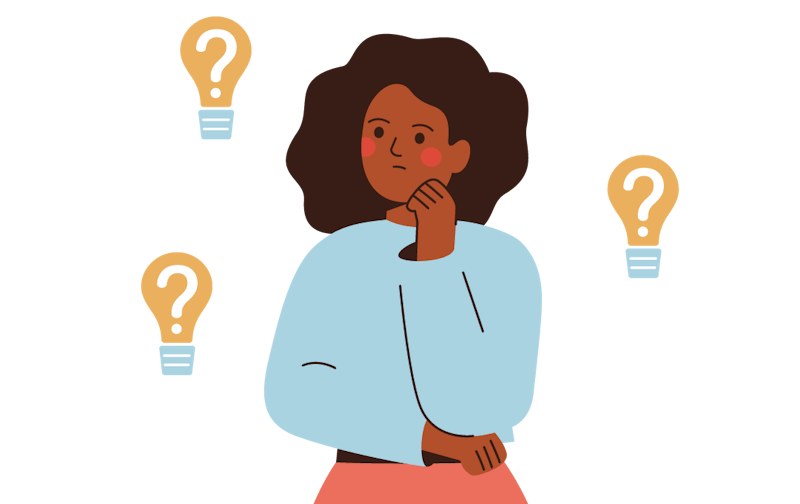The prosecutor
If the police send the case to the prosecutor, it gets looked at again very carefully. The prosecutor then decides whether the person accused of abuse will be charged or not.
When the police investigation is finished, a decision is made about whether to charge someone in the case or drop it.

This page is part of the Guide for victims of domestic abuse under the age of 18.
If the police send the case to the prosecutor, it gets looked at again very carefully. The prosecutor then decides whether the person accused of abuse will be charged or not.
The abusive person has to go to court and say whether they are guilty or not guilty. At this point, the court case gets a number that you can use to follow the case on the district court's website (only in Icelandic). You don't have to be there for this, your legal rights protector will go for you.
When the trial is over, the judge decides whether it's proven that the abusive person is guilty or not.
There are 8 different places in the country where a main hearing can happen. Most often, it's held closest to the abusive person's home.
If not enough information could be gathered about your case, the prosecutor decides not to press charges. When this happens, the case is dropped.
This doesn't mean the abuse didn't happen. The justice system (police, prosecutors, and courts) can only look at the evidence, and they can't consider anything else when deciding if the case should move forward.
When a case is dropped, the reasons are discussed with your parent who is not the abusive person (or your guardians) and your legal rights protector.
It's possible to challenge the decision to drop the case. Then your trusted adult will talk to your legal rights protector about it.
The prosecutor will contact your legal rights protector, who will then pass on information about the case to your trusted adult.
Because of this, at least 9 months usually pass from when the police start investigating the case until it's clear whether the abusive person will be charged or not.